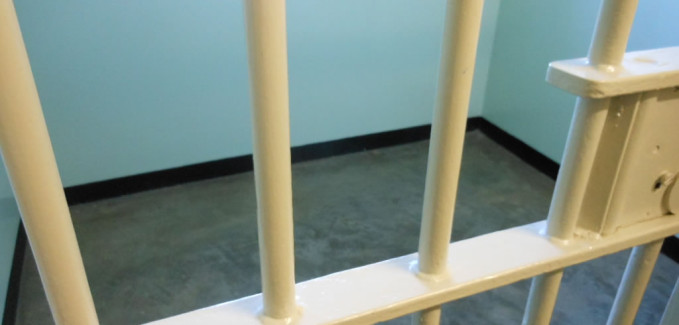
The UK government plans to increase the maximum prison sentence for those found guilty of online copyright infringement to 10 years, despite little support from the public.
After a year-long consultation, Baroness Neville-Rolfe, Parliamentary Under Secretary of State and Minister for Intellectual Property, and her team concluded that a possible two-year prison sentence was not a sufficient punishment to deter to online pirates.
Following the consultation, the UK government published its response entitled “Criminal Sanctions for Online Copyright Infringement“, which states:
“The Government believes that a maximum sentence of 10 years allows the courts to apply an appropriate sentence to reflect the scale of the offending. An example where copyright infringement was deemed to warrant longer than a two-year sentence is where five defendants received sentences totalling 17 years for releasing more than 2,500 of the latest films onto the internet.
“They were prosecuted under the Fraud Act, where the highest sentence was four and a half years. Capping the maximum available sentence at a lower level would unnecessarily limit the ability of the courts to apply appropriate sentences in the more serious cases of copyright infringement.”
In March 2015, a study commissioned by the UK Intellectual Property Office (IPO) found that lawmakers believed that the maximum two-year prison sentence for online piracy under the Copyright, Design, and Patents Act (1988) gave the message that it was not a serious crime and should be increased.
The public does not share the government’s fears, with a July 2015 study commissioned to determine public opinion about an increase in sentences for online piracy finding that 98% of all respondents opposed an increase in jail term for the offence.
However, the government plans to implement the changes and increase the jail term anyway, as noted by Baroness Neville-Rolfe in the consultation response, where she said:
“The number of global internet users has increased threefold in the past 10 years to 3bn and the number of UK citizens now online stands at over 90%. Every day we are seeing the new opportunities this has created for criminals with wide scale infringement of the valued rights of those who create content. Creative industries add £84.1bn to the UK economy each year, and to ensure we can protect this investment, there must be effective and appropriately targeted laws.
“The UK is frequently cited as the world leader in IP enforcement, and as Minister for IP I want to do everything I can to preserve this standing. The provision of a maximum 10-year sentence is designed to send a clear message to criminals that exploiting the intellectual property of others online without their permission not acceptable.”
At 10 years, the maximum prison term for online piracy would put the offence on the same level as “possession of firearm with intent to cause fear of violence”, “rioting”, “making threats to kill”, “administering poison so as to endanger life”, “indecent assault”, “burglary with intent to commit rape”, “sexual assault”, and “cruelty to children”.
Photograph by Michael Coghlan

